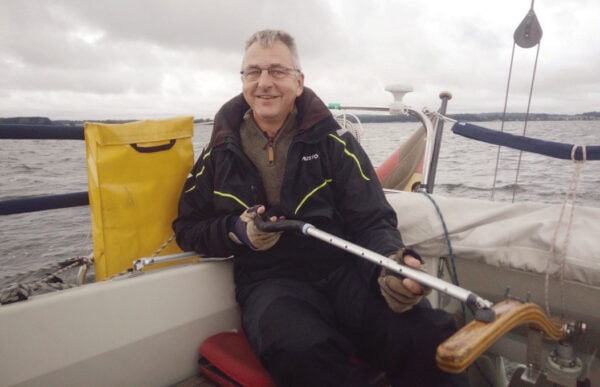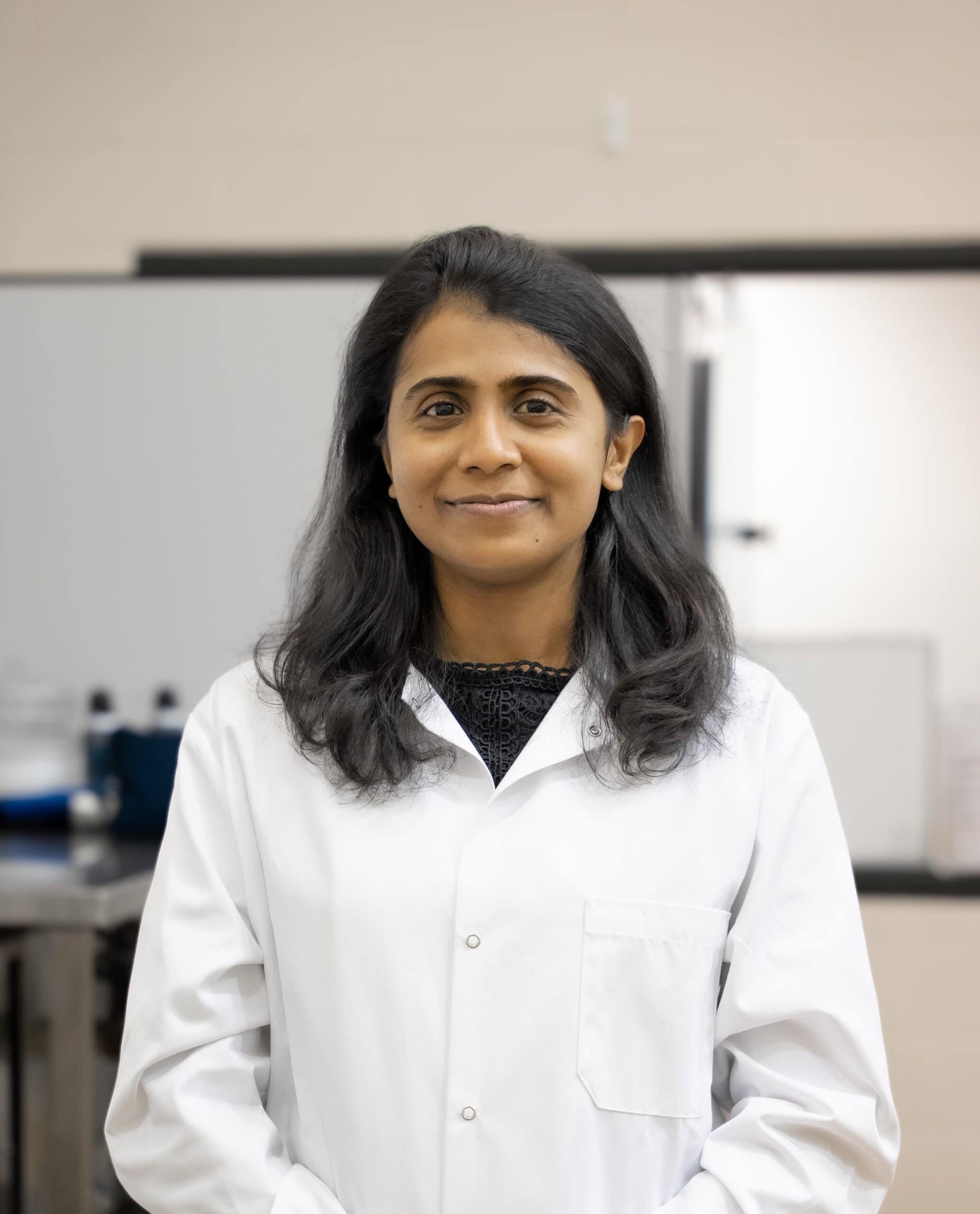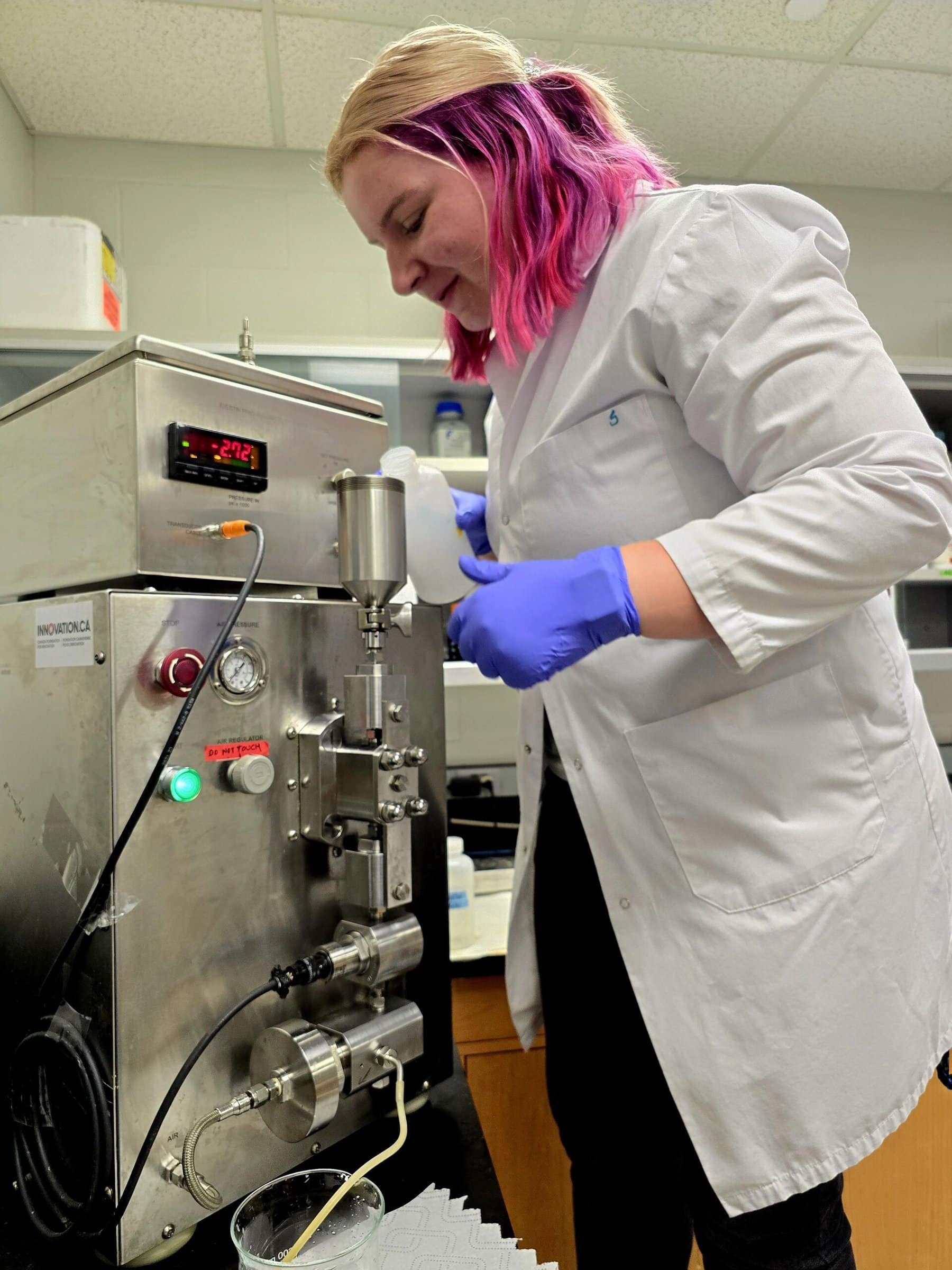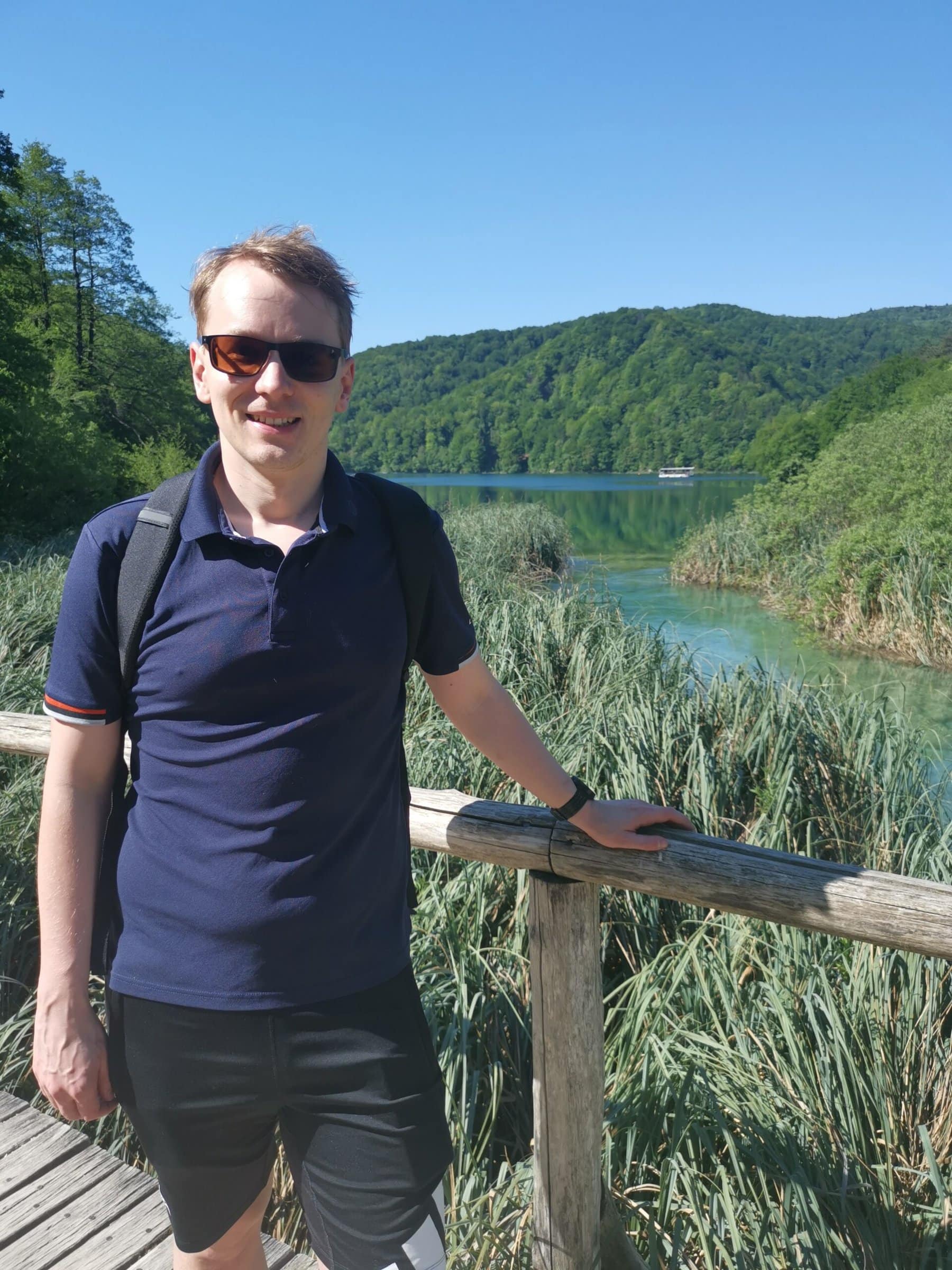
What’s a typical day like for you?
Waking up, having a coffee, reading the (printed!) newspaper during breakfast. Usually, I have a relaxing walk to the Institute (it is quite close to my home) and this helps me to get started. The rest of the day is full with online meetings and computer work, but luckily also with in-person discussions with my group members.
My favorite part of my job is…
Getting young students interested in my research field and seeing them growing over the years to become highly motivated, creative, and dedicated researchers.
Flash back to when you were 10 years old. What did you want to be when you grew up?
I discovered my interest in chemistry early in high school, with the side effect that most likely toxic fumes were created in the cellar of my parents’ house while I made my first experiments.
Why did you decide to do the work you are doing now?
I almost became a journalist after high school, but then I had the option to study chemistry in Hannover. Over the years, I found biochemistry, and especially working with enzymes, more interesting, so I then learned microbiology, molecular biology, and computer-modeling methods.
Is there an achievement or contribution you are most proud of? Why?
Every five years, I invite former PhD students and postdocs to celebrate in Greifswald. I am proud that so many previous group members make the trip to this remote city for the reunion.
What event, person, or life experience has had the most influence on the direction of your life?
Although several individuals have influenced my career steps, I am especially grateful to Mike Haas (formerly at USDA, and a past president of AOCS) for promoting my interest in the field of fats, oils, and lipids.
How do you relax after a hard day of work?
Preferably sailing or having a motorbike tour, otherwise reading a book, listening to my favorite music, meeting with friends, or spending time with my wife and daughter.
What is the most impressive thing you know how to do?
Probably setting and steering the Spinnaker—a special type of sail—under tough conditions during a sailing regatta. This requires full attention all the time to keep the sail stable, as well as close interaction with the team on board. It’s a bit like running a challenging research project, now that I think about it.
What are some small things that make your day better?
Learning that one of our publications has been accepted. Even after more than 500 publications, I still suffer along with my PhD students over the peer-review process. (There is always one difficult reviewer.)
Related Posts

November 18, 2024
Member Spotlight: Meet Thilini Dissanayake
This member spotlight is about Thilini Dissanayake, a graduate student member of…

November 18, 2024
Member Spotlight: Meet Camrynn Simon
Camrynn Simon is a master’s student in the Food Colloids Lab at…

November 18, 2024
Member Spotlight: Meet Mikael Fabritius
Mikael Fabritius is a postdoctoral researcher in the Food Sciences unit at…